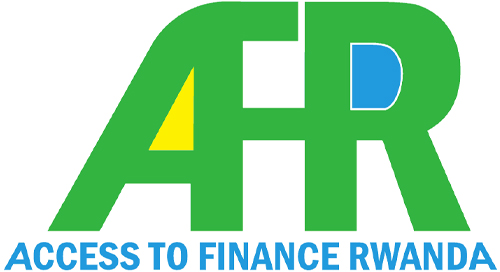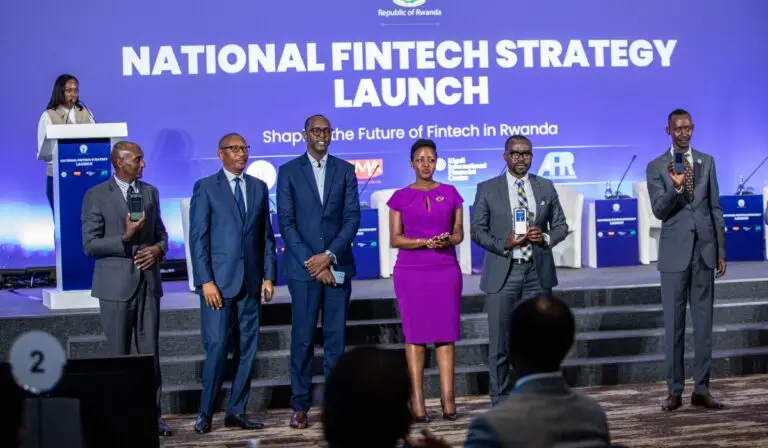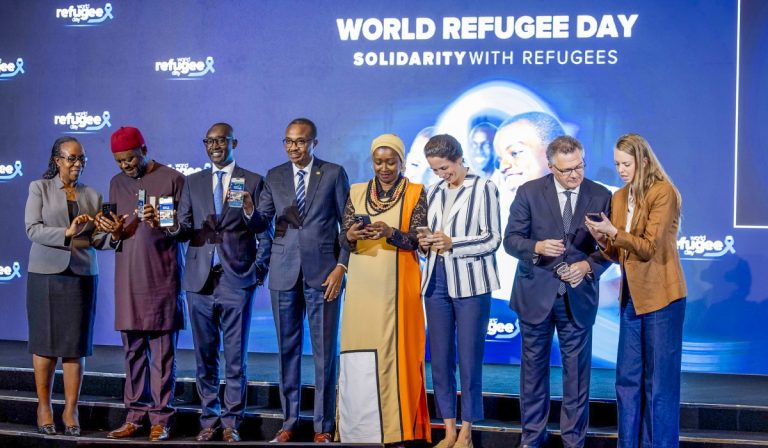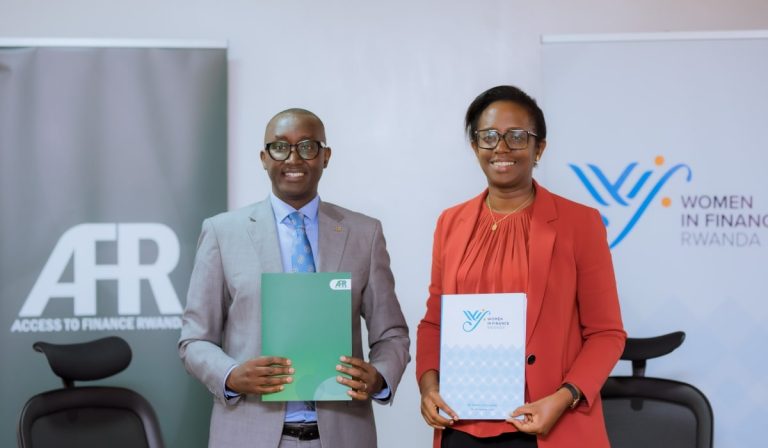As the world comes together to forge a gender-equal global society this year, it is time to reflect on the constraints that have been hampering women development across all domains and recognize the efforts that have emerged as solutions to tackle gender-based inequalities in the development and delivery of financial products.
Historically, women in Rwanda like in many other parts of the world have been left out on targeted financial inclusion efforts and have not been availed sufficient choices of financial products and services tailored to their roles as mothers, entrepreneurs, employees and in some cases, breadwinners. This year, UN Women decries the exclusionary politics at the heart of gender inequalities and emphasises the need to vastly increase financing for gender equality, to harness the potential of technology and innovation and ensure that development is inclusive of women and girls who face multiple forms of discrimination.
During the 2015 Global Leaders’ Meeting on Gender Equality and Women’s Empowerment, Rwanda pledged to increase the economic participation of women by increasing access to financial services, improving the use of available financial products as well as boosting ICT usage by the year 2020. Across all the public and private sectors, Rwanda aims to achieve gender parity in financial inclusion by 2030. (UN WOMEN).
In that regard, Access to Finance Rwanda (AFR) has responded by acting as a catalyst to initiating financial services and digital platforms that can be easily accessed and used by rural low-income people especially women. Through collaborating with financial institutions and fintech companies, Access to Finance Rwanda enabled the development of digitalized women-centred financial products. This entailed co-creation with financial service providers throughout the process of conceptualization, designing, piloting, and testing to ensure the products were innovative and founded on the integration of women into financial systems and markets.
Since its inception in 2010, AFR prides itself on successful runs in removing the systemic barriers that hinder access to financial services by putting the low-income people particularly the rural poor and women at the centre of its interventions. Through partnerships with financial institutions and other stakeholders, various financial products have been successfully developed, tested, and launched for use. They are now being utilized by a growing number of beneficiary communities that include saving groups, cooperatives, and individual entrepreneurs.
Among those products, Zamuka Mugore, a financial product that will enable seamless access to credit for women entrepreneurs has been launched by Bank of Kigali across 20 of its 80 branches nationwide. Zamuka Mugore will benefit its beneficiaries with free bank accounts that can facilitate loans of 1 million, payable in 24 months with an 18% interest rate per year while loans of more than Rwf 5million can be paid back in the same period with a 16% interest per year.
Bank of Kigali is amongst the financial institutions that had initially expressed interest in pioneering this project along with COOPEDU, and Umwalimu SACCO which, under the same scheme, have also developed their own products. COOPEDU designed ‘UMURABYO URATINDA’, a quick loan product to help women entrepreneurs cope with business emergencies while Umwalimu SACCO introduced NZIGAMIRA NIGE (Savings for education) a banking product that enables female teachers to save and borrow money to pay their children’s school fees.
The use of financial services is not only about money transactions, but it is also about how fast, easy, and accessible these services are. The country cannot develop if financial services are not reaching everyone. The idea to develop these products was born after the 2016 Finscope survey indicated an 11% gap between men and their female counterparts whereby men who accessed formal financial services accounted for 73% of the population sampled while women accounted for 62%. Access to Finance Rwanda is delighted to see how these products are bringing positive transformation in the lives of Rwandan women and their families.’ States Frank Turatsinze, AFR’s SACCOs and Savings Group Development Project Officer.
Embracing the Future
Apart from formal banking services, AFR collaborated with MTN, African Evangelistic Enterprise (AEE) a Non-Governmental Organization and a local FinTech called MVEND to set up a digital group saving platform for traditional saving groups. For many of these groups, accessing formal financial services used to be a challenge. However, by using existing digital channels like mobile money, a link was created between formal financial service providers and informal saving groups. MVEND developed a USSD technology application for group savings also referred to by its users as a group mobile money wallet. The application was named ‘GWIZA’ a Kinyarwanda appellation for ‘Prosper’ and was distributed by AEE to 200 carefully selected saving groups in Bugesera and Rwamagana districts for the pilot project. The main objective of this project is to link saving groups to formal financial service providers by connecting GWIZA to a bank. Through this connection, the bank is able to receive deposits from saving groups and in turn provide credit up to three times what the groups have deposited.
“The mobile money wallet provides more security and transparency for saving groups. With their mobile phones, group members can send and withdraw money, ask for loans, and request for mini-statements of their personal and group accounts. “Says James Kwezi, AFR’s Digital Financial Solutions Project Officer.

Members of a digital saving group in Rwamagana district using the GWIZA application
Pauline Kayitesi works as a trainer at MVEND. She says AFR support in mentorship and funding was timely and crucial in the development and piloting of the ‘GWIZA’ application. She is proud that the majority of the MVEND’s platform users are women. ‘Women account for about 80% of members in the saving groups we work with. As a woman myself, it makes me proud to work on an initiative that is improving the way women entrepreneurs in rural areas save their income and expand their activities through mobile saving groups.’ Says Pauline.
Pauline also notes that after working with AFR, MTN, and AEE in developing and piloting Gwiza, other NGOs have shown interest in rolling out the group mobile wallet application to their saving groups. Some of these organizations are SOS, World Relief and the Rwanda Women’s Council who are now deploying GWIZA to their saving groups.
Claire, a member of one saving group in Rwamagana District expresses her delight in the more time-saving and safer platform that has been provided to her saving group due to the digital automatization of the group’s money transactions: “Using mobile money instead of cash has saved us a lot of time! We used to spend two hours on manually recording our members’ attendance, savings values, loan repayment rates, and the application and disbursements of new loans. The weekly meetings have been reduced to just 20 minutes. That means that we have more time left for our farming and businesses. Additionally, the improved safety of the new cashless savings system has encouraged some members to deposit larger amounts because they no longer have to fear that someone steals the cash box.” Says Claire
Access to Finance Rwanda (AFR) is a Rwandan not-for -profit organisation, with a strategic focus of stimulating financial sector development by collaborating with financial institutions and other stakeholders to increase access to and use of financial services. The organisation does this by identifying and addressing constraints that prevent the financial market from reaching Rwanda’s low-income population and promoting innovations and learning that results in sustainable change within the financial sector. Improving access to financial services for the rural poor and women is a particular focus for AFR.



